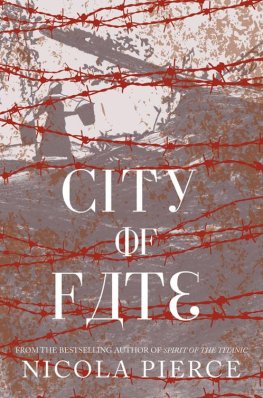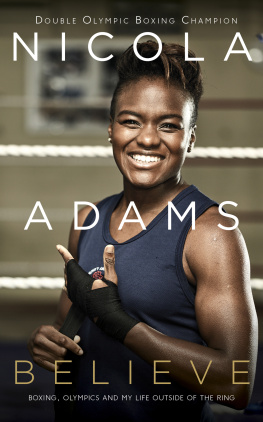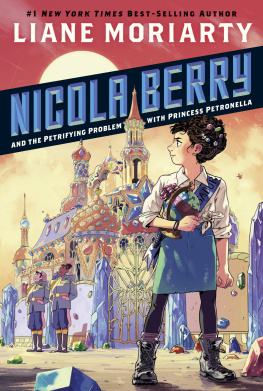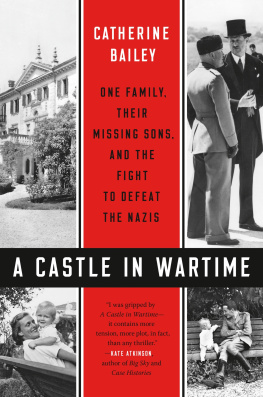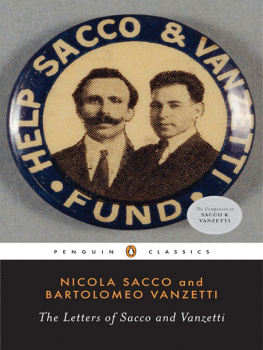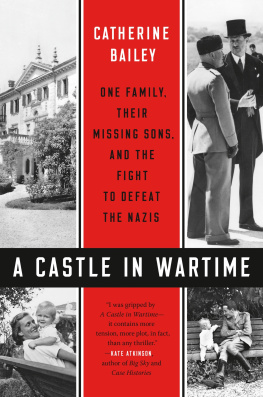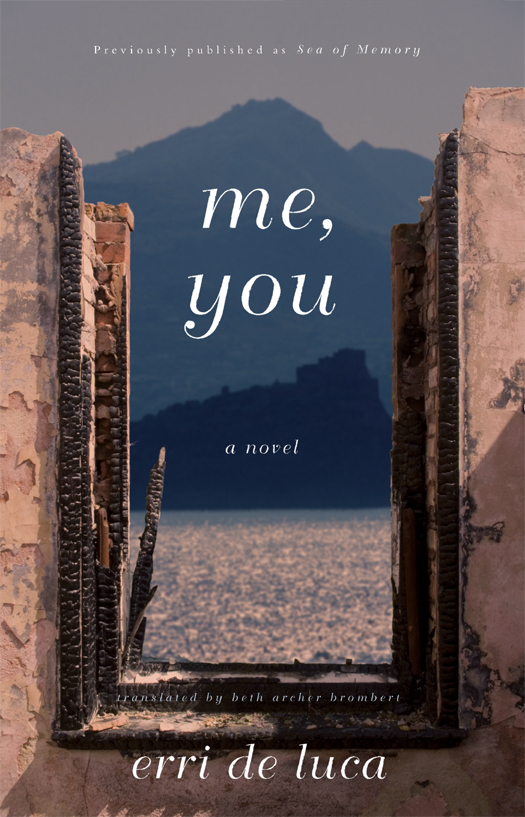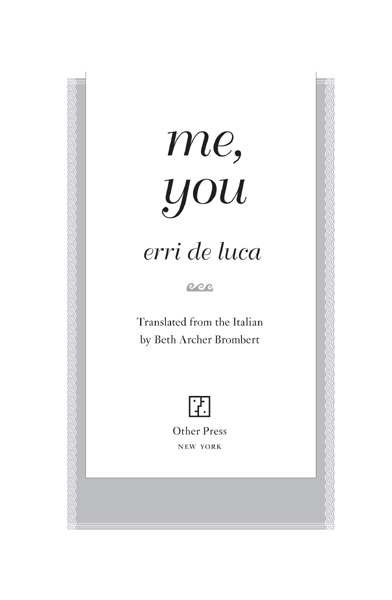ALSO BY ERRI DE LUCA
The Day Before Happiness
Three Horses
Other Press edition 2011
Copyright 1998 by Erri De Luca
Translation copyright 1999 by The Ecco Press
Originally published in Italian as Tu, Mio by Giangiacomo Feltrinelli Editore Milano
Prima edizione ne I Narrattori February 1998
Originally published in English as Sea of Memory by The Ecco Press
Production Editor: Yvonne E. Crdenas
All rights reserved. No part of this publication may be reproduced or transmitted in any form or by any means, electronic or mechanical, including photocopying, recording, or by any information storage and retrieval system, without written permission from Other Press LLC, except in the case of brief quotations in reviews for inclusion in a magazine, newspaper, or broadcast. For information write to Other Press LLC, 2 Park Avenue, 24th Floor, New York, NY 10016. Or visit our Web site: www.otherpress.com
The Library of Congress has cataloged the printed edition as follows: De Luca, Erri, 1950
[Tu, mio. English]
Me, you = Tu, mio / by Erri De Luca; translated by Beth Archer Brombert.
p. cm.
Originally published in Italian as Tu, mio; published in English in 1999 under the title: Sea of memory.
eISBN: 978-1-59051-480-1
1. Teenage boysFiction. 2. Jewish girlsFiction. 3. IslandsItalyFiction. 4. World War, 19391945ItalyFiction. I. Brombert, Beth Archer. II. Title.
PQ4864.E5498T813 2011
853.914dc22
2011013295
PUBLISHERS NOTE:
This is a work of fiction. Names, characters, places, and incidents either are the product of the authors imagination or are used fictitiously, and any resemblance to actual persons, living or dead, events, or locales is entirely coincidental.
v3.1
Contents
A FISH IS a catch once its in the boat. Its a mistake to shout that youve hooked it when it has only snapped at the bait and you feel its weight bouncing in the hand that holds the line. A fish is a catch only when its on board. You have to pull it up swiftly from the depths with a gentle, even movement, and without jerking. Otherwise youll lose it. You mustnt get excited when you feel it thrashing below and it seems heaven only knows how big judging by the force it exerts to extricate the hook and bait from its body.
Nicola taught me how to fish. The boat wasnt his, it was Uncles, my uncle. Nicola used it year-round, but when the weather was mild he was my uncles sailor on Sundays and during summer holidays. At night he went out with a lantern and fished for cuttlefish, a kind of squid, to make bait for the tip of the hook.
He got the boat ready and we would leave early in the morning. The island was silent. Going down to the beach barefoot, a boy could feel that he was slippery smooth because of the rock under his feet, that he smelled good because of the fragrance of baking bread that wafted by his nose from the ovens, that he was grown up because he was going out to sea to acquire a skill. The other boys went to the beach later on to meet girls and swim. The rich ones rode around in circles in their motorboats with gleaming wood and multi-horsepowered motors.
Uncles boat had a lazy diesel that crackled on the calm of dawn and made the air vibrate all around, making my nose itch for the duration of the trip. We would sit on the rail sticking out a bit over the edge, even when the waves came up and pounded the prow. Nicola stood in the stern and maneuvered the handle of the rudder with his feet. It was his trade, he was steady, no wave knocked him off balance. Anyone who could stand upright in a small boat that ran against the waves was steady. I was too, and sometimes on the return trip they let me take the rudder while Uncle slept and Nicola straightened up the boat or cleaned the fish.
It wasnt right for a kid to hold the rudder. You had to go for the other side of the wave and let it pass under the keel without allowing it to strike the boat, because the boat feels the slaps and the wood wears down. But when the sea was calm and there were no boats in sight, I would ask to take the rudder and Nicola could quickly finish what he had left to do.
He taught me the sea thanks to the boat and to the permission of Uncle, who invited me to come along because I kept quiet, I didnt get the line entangled, I didnt budge when the fish bit, didnt complain about the heat, didnt dive off the boat, except for a quick dip to cool off. Never asked to take fish home; it was his fish, and after him, Nicolas. Never asked him to take me with him, but the evening before, it was he who would say, Come.
Nicola taught me the sea without saying, do it this way. That was the way he did it, and that way was right, not only skillful, but great to watch, never rushed. Nicolas way had the movement of the waves, his gestures had a purpose that I was learning to understand. He would cut the cuttlefish into finger-length pieces, a slice and a stroke with the flat of the blade to separate them, going at an even rhythm of his own, wholly absorbed in his work. The cut pieces dried in the sun during the ride out to open water. He would pierce the bait in the middle, covering the hook all the way up to where the line was attached. And after the catch, he would retrieve the bait from the mouth of the fish, from its throat, and use it over again. Almost without his watching, his hands worked by themselves. He could look elsewhere, far off or nowhere, letting his hands do the work all by themselves. That was the working part, the front of his body, while the rest of it was just an armature of patience.
In the boat only the men talked. I listened to their voices, not to their conversation, and to the greetings exchanged with other fishermen: a re nuost, youre one of us, a cry I have only heard at sea.

Some afternoons I went to the fishermens beach and if I found Nicola alone cleaning fish I would go up to him. Amid the debris of the catch, a hen would scratch around in search of an anchovy head to swallow along with the sand. I was a city boy, but in the summer I turned into a savage. Barefoot, the soles of my feet as leathery as the carobs we ate from the tree, bathing in seawater, salty as a herring, dressed in blue jeans, smelling of fish, a few fish scales in my hair, walking with the short strides of a sailors gait. In one week I lost my city look. I peeled it off along with the dead skin of my nose and back, where the sun penetrated all the way to the flesh.
The sun is a smoother of surfaces, a kind of sandpaper that during the summer smooths down the earth, evens it out, polishes it, leaving it thin and dry, a film of dust. With the body it does the same thing. Mine, exposed until sundown, split open like a ripe fig, but only in a few places, on my shoulders and nose. I never used sun oil, already available by the mid-fifties. That kind of greasing was for foreigners, shiny skin like a sardine dipped in beaten egg before being fried.
Piscitello addevantasse
into sciore mavutasse
mafferasse sta manella
me menasse inta tiella
onn Amalia a Speranzella.
With these lines by Salvatore Di Giacomo, Uncle would make fun of people who oiled themselves. His sons and I, the males of the family, from the time we were little, were used to getting burned at the beginning of the season, and then it stopped. I endured the pain as a perfectly legitimate tax on my delicate city dwellers skin. The new skin cost plenty, on my feet as well before I could walk barefoot on the scorching noonday pebbles.




